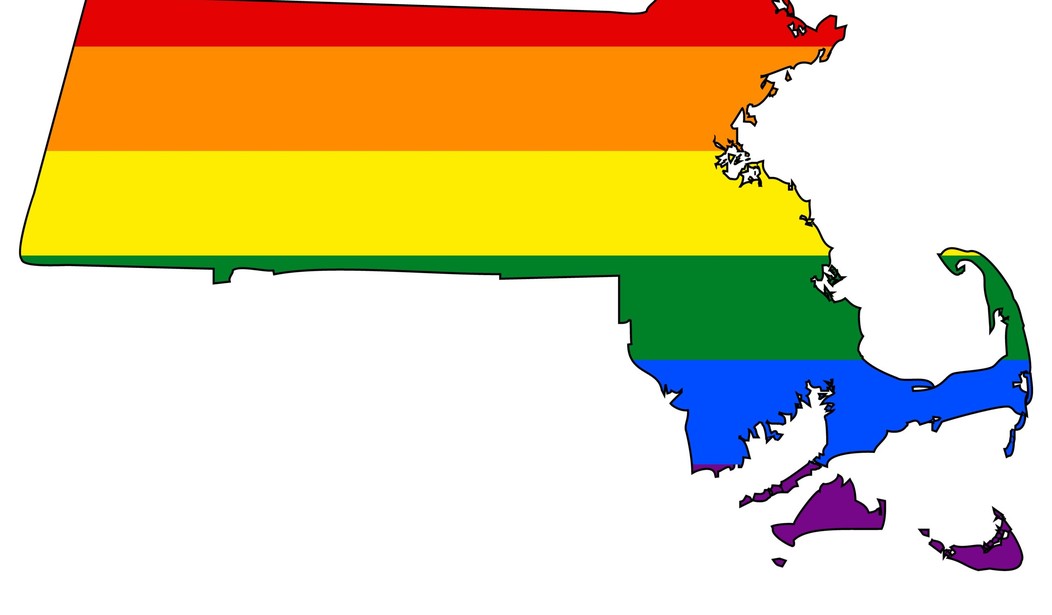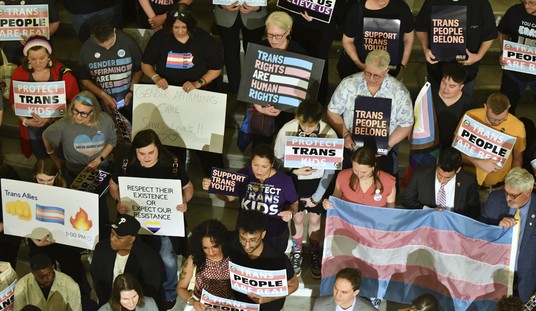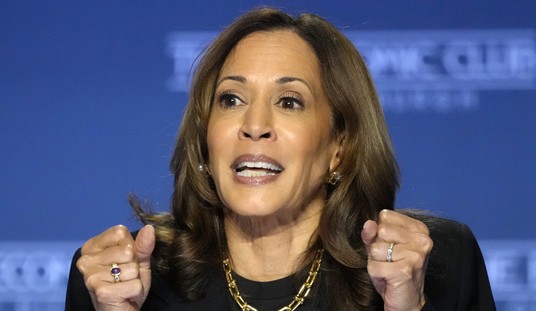In a victory for religious freedom, Massachusetts Attorney General Maura Healey and the state’s human rights commission voluntarily reversed their policies to no longer violate churches’ First Amendment rights. In response, four churches have dropped their federal lawsuit against the state’s transgender anti-discrimination law, which they previously claimed violated their religious liberty.
“The Attorney General admitted that churches could not constitutionally be treated like businesses, so she removed ‘houses of worship’ from the list of public accommodations on her website,” Christiana Holcomb, legal counsel for Alliance Defending Freedom, a legal group which helped the four churches in their suit, told PJ Media in an email statement. “The state human rights commission likewise admitted that the First Amendment protects the freedom of churches to operate consistently with their faith and revised its ‘Gender Identity Guidance’ to acknowledge this.”
The churches launched their lawsuit in September, after the Massachusetts Commission Against Discrimination (MCAD) released its “Gender Identity Guidance.” That document explained that even churches must refer to transgender individuals by their chosen “gender identity,” ignoring their biological sex. This would have meant churches must acknowledge transgender ideology or practice their doctrine on human sexuality in secret — effectively putting Christianity in the closet.
The guidance specified that churches can fall under the “public accommodation” restrictions against “discrimination” on the basis of gender identity: “Even a church could be seen as a place of public accommodation if it holds a secular event, such as a spaghetti supper, that is open to the general public,” the document read.
The restrictions would have required “public accommodations” to open men’s or women’s restrooms — and locker rooms and changing rooms — to transgender people. Such places would also have been required to “use names, pronouns, and gender-related terms appropriate to employee’s state gender identity in communications with employee and with others.”
These are no small asks for churches that accept biblical teaching that human beings are created male and female and hold that identifying with the opposite sex or mutilating one’s body to match the opposite sex is a rejection of God’s good creation.
Massachusetts’s decision to change these regulations represents a victory for religious freedom. “In light of these changes, the four Massachusetts churches accomplished what they set out to do—ensure that churches are free to operate consistently with their faith—so they voluntarily dismissed the lawsuit,” Holcomb explained.
“Massachusetts’s change in position shows the importance of standing up to government overreach,” the ADF lawyer added. “Without the courageous stand of these four Massachusetts pastors, churches across the state would be left to fear crippling fines and even jail time simply for holding to their beliefs about biological sex.”
“Pastors now have the reassurance they need to exercise their freedoms with confidence,” Holcomb declared. That is no small thing in these troubling times.
Holcomb explained that the “state officials chose to voluntarily reverse their policies rather than defend them in court.”
Next Page: The LGBT activists are already sweeping this battle under the rug.
Nevertheless, the LGBT activists are already brushing this battle under the rug. “The Massachusetts attorney general’s office said the church’s lawsuit was never necessary to begin with, and that it had only clarified existing law,” The Boston Globe reported.
Last month, ADF received a letter from the attorney general’s office stating it had clarified a description of the law on its website, removing the phrase “house of worship” as an example of a place of public accommodation. Nevertheless, the office stood firm by the argument that if a religious facility hosts a “public, secular function,” it can still qualify as a place of public accommodation under the law.
Last week, MCAD added some religious freedom language to its “Gender Identity Guidance.” The new document explicitly stated that “the law does not apply to a religious organization if subjecting the organization to the law would violate the organization’s First Amendment rights.”
Emily Snyder, a spokeswoman for Healey’s office, told the Globe that the transgender law never threatened the exemptions which religious facilities receive from public accommodations laws, so the lawsuit was unnecessary.
Interestingly, Gary Buseck, legal director for GLBTQ Legal Advocates & Defenders (GLAD), told the Globe the change in wording was trivial. “Their new language substantively doesn’t mean any change, but if it’s clearer to people … it’s a good thing,” he said.
“I don’t think there is a huge amount of controversy,” Buseck added. “We’re not in the business of targeting religion or engaging in religious activity.”
Nevertheless, he said GLAD will work to ensure religious facilities follow the law while hosting secular events. (The Globe reported he said this for “nonsecular events.” I take this to be a typo, as such a statement would directly contradict Buseck’s actual quote. If GLAD is in the business of policing religious buildings while hosting religious — or “nonsecular” — events, that is exactly “the business of … engaging in religious activity.”)
This religious freedom victory is not to be denied or overlooked. Four churches, rightly afraid of losing their freedom to hold to their beliefs, sued the Massachusetts government. The state relented, restating guarantees of their religious liberty and altering state regulations to make it clear.
Even if the original law did not pose a danger to religious freedom, the state’s decision to alter its laws underscores the importance of standing up to government overreach. Now, churches have a stated guarantee that their religious freedom will not be infringed by this law. Hopefully, this presents a path forward in balancing the dueling concerns of LGBT rights and religious freedom — but by denying there was even a tension to begin with, LGBT activists are not acting in good faith. Indeed, this reaction helps explain why religious freedom advocates find the other side difficult to trust, even when agreements can be reached.









Join the conversation as a VIP Member